"Moby-Dick" by Herman Melville
A Reading Experience (Pt.22)
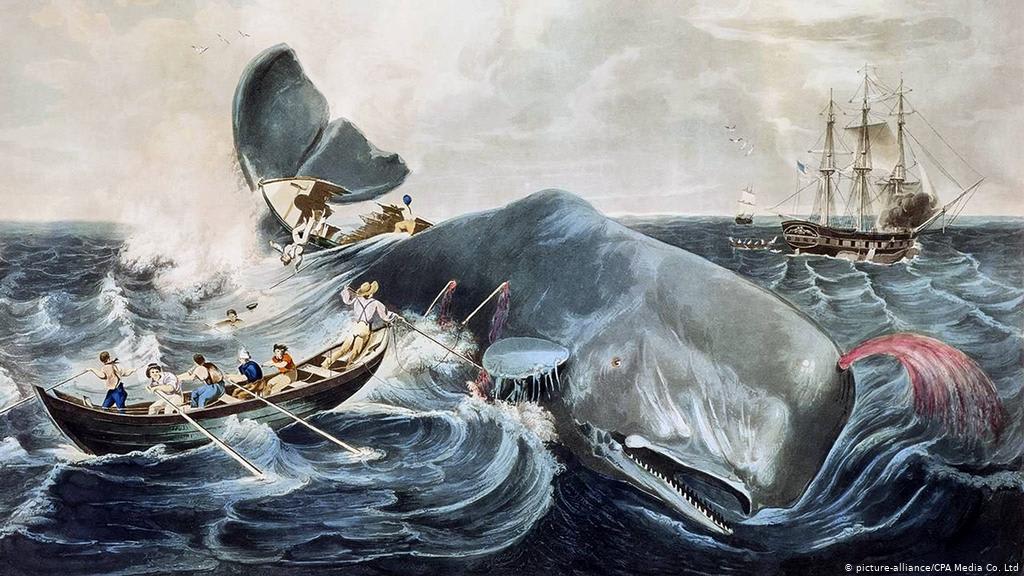
I first read this book when I was sixteen years’ old and the way in which it had an effect on me was so long-lasting that I don’t think I got over the book for a long time. I don’t think I’m even over it now. I’m just coping. I discovered the book after finding a really pretty Penguin copy in the bookstore. It looked rustic and beautiful and so I bought it. I had heard of the book but didn’t really know what it was about before I’d read it. My first reading experience of it was definitely immersive. It was one of those things that I stayed up all night for and I really got so into it that by the time it was morning, I hadn’t even realised the sun had come up. I was still making notes and drawing pictures. That’s what I do when I get too into a book to the point of no return. I make notes and sketches. This book completely changed my perception on the way books about the sea could be written. It was one of the first American books that I’d ever fallen in love with so much that I barely put the book away for an entire year afterwards. I had it on my bedside table and would constantly be scribbling about it, highlighting it and writing short stories about the characters and other wild adventures they’d go on at sea. Yes, this was my life and pretty much, still is.
My favourite character in the whole book was Ishmael. He seems like the type of character that when things go wrong, you can rely on him to tell you to keep calm and to do your best even if you’re not feeling up to it. Ishmael’s greatest attribute is like many of the characters I love in literature - his endurance. His ability to endure every bad thing that happens to him, every single misfortune and every single anxiety. He has such incredible emotional strength that even in the face of absolute torment, he can look at it and stay completely calm, collected and contemplative. He is such an emotionally mature character in comparison to the dreaded Captain Ahab. I love Ishmael so much, he’s just one of those characters that you can completely put all of your faith in to do something great in a time of crisis. But Ishmael’s biggest fault is that he doesn’t trust people very easily. Like when he meets Queeqeg and has to spend the night in a bed with him because he has nowhere else to sleep. Ishmael’s initial views of Queeqeg aren’t great and are rather prejudice. It is only after getting to know him that Ishmael realises that Queeqeg is actually one of his most trustworthy people. It takes Ishmael some time to trust people and become accustomed to them and sometimes, it is too late by the time he does so. In some cases, like the case of Captain Ahab, he starts off trusting the wrong people. By the end of the book, I think he has sorted out all of his trust issues and becomes a better judge of character. Ishmael represents all the men lost at sea fighting a battle that they can’t win. He represents all the emotions they have about trust, all the PTSD they have watching their friends die and all the anti-heroism they have through wanting to do the right thing and yet, not upset their captain and their system. He represents everyone at sea who wants to get the job done and everyone who is only there because they were looking for a job to get done. He’s one of the greatest characters in literary history.
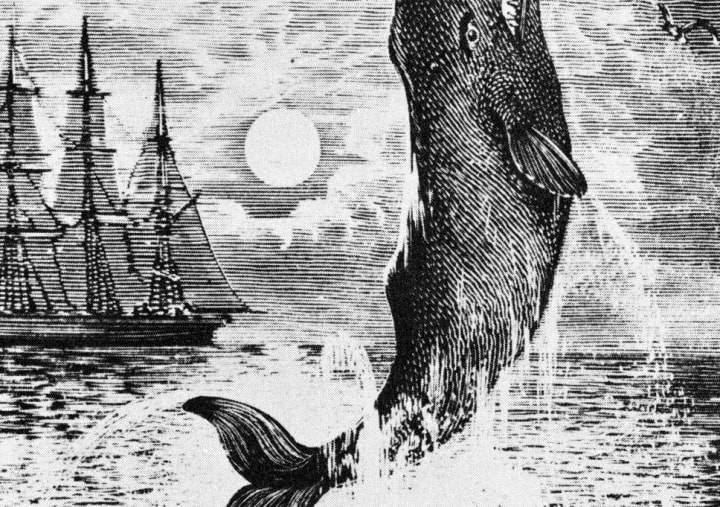
One of the best themes I found in “Moby Dick” was definitely images of the open sea. The sea has always been fascinating to me in literature and it was because of “Moby Dick” that I went on to read books like “The Sea, The Sea” by Iris Murdoch, “The Sea is My Brother” by Jack Kerouac and “Billy Budd” by Herman Melville. All of them about the sea and the images of the grand open water. “Moby Dick” has some of the most amazing images of not only the open sea, but of the grand ship and of the great white whale. Some of these images are so descriptive and so grand it seems like they could be a piece of cinematic genius. Like an epic drama about Herman Melville’s greatest novel and one of the most immersive American stories ever told. Ishmael often uses this theme to present the anxieties and uncertainties to us as constantly, the sea is turning and sometimes it is turning against them. The theme is often used to depict various things like not only the way in which the sea is moving but also the space that the ship is occupying. The further the ship is out to sea, the more dangerous it seems to be. The closer it is to foreign land, the bigger the anxieties and almost apparent xenophobia. This theme will change the way you read the entire book because not only do we have the images of the sea itself as a mode for transportation but the sea is also an image of hope, an image of adventure, an image of freedom. And yet, at the same time it is an anxiety, a nervousness, a stress, a darkness and there is a certain amount of tragedy that happens upon it in some of the most epic scenes ever to be told in the English Language. It is mostly the ending to this book and the final images of the open water that makes this book one of the greatest stories ever told.
This book means so much to me because it started off my real love for stories about the sea and made me appreciate the open waters a lot more. It really impacted my latter reading in that sense and for years, I spend ages searching for books upon the ocean. I recently read one a few months ago called “The Wreck of the Mary Deare” by Hammond Innes that was too, absolutely brilliant in every single way. I realised through my re-readings of “Moby Dick” that it was not only one of the most beautiful stories ever told but also one of the most complex. It has a whole history of whale fishing in there and all the inner-workings of the ship. There’s basically instructions on how to harpoon a whale. But the best thing about this book will always be that feeling you get when you read the opening line: Call me Ishmael.
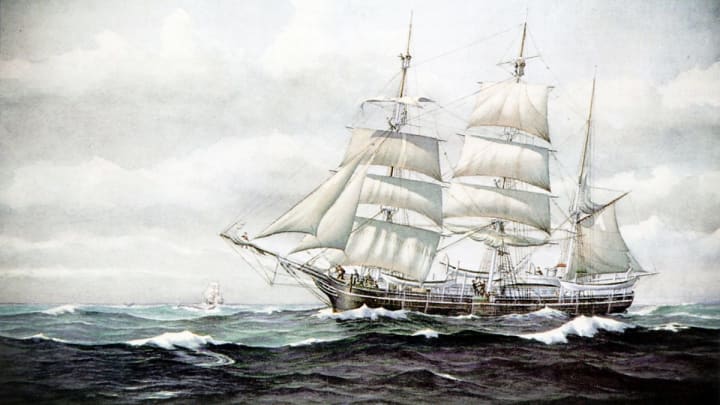
I think far more people should give this book a chance. Yes, it is long and yes it is challenging, but it is also enjoyable. It’s an adventure and a romance with the ocean all at once and it is a story about moral compasses, guidance and befriending people far different to ourselves. People relate to this book even today because of the fact it calls us to adventure without ever leaving our own homes. It is a safe place, but also a dangerous one as we live the same life as Ishmael does, just from a distance. When I re-read this book, I want to focus on the ending a bit more and how it gives us closure, sentimentality but no real sense of this ever really stopping. It may as well just happen all over again for him.
“As for me, I am tormented with an everlasting itch for things remote. I love to sail forbidden seas, and land on barbarous coasts.”
"Moby-Dick" by Herman Melville
About the Creator
Annie Kapur
200K+ Reads on Vocal.
English Lecturer
🎓Literature & Writing (B.A)
🎓Film & Writing (M.A)
🎓Secondary English Education (PgDipEd) (QTS)
📍Birmingham, UK
Reader insights
Outstanding
Excellent work. Looking forward to reading more!
Top insight
Heartfelt and relatable
The story invoked strong personal emotions


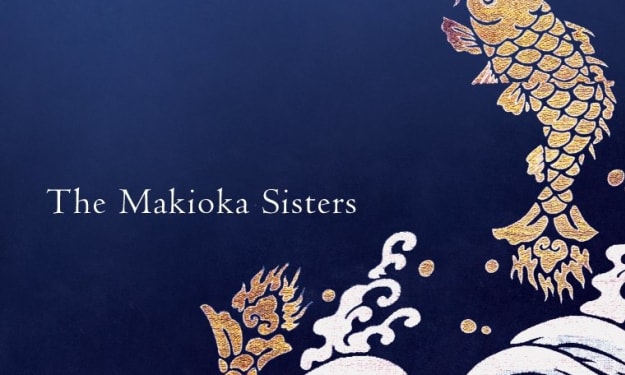

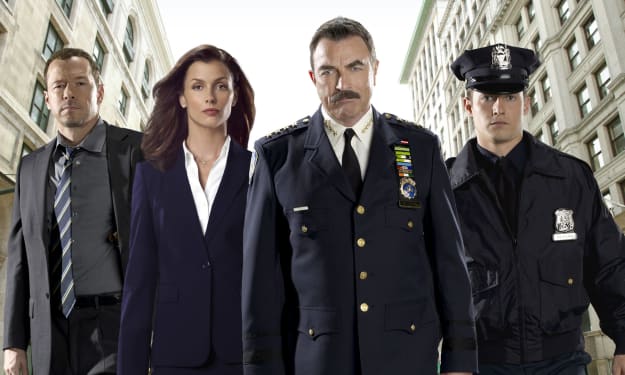

Comments (1)
Wow, this is a great post. Glad to find someone who loves Moby Dick as much as I do!